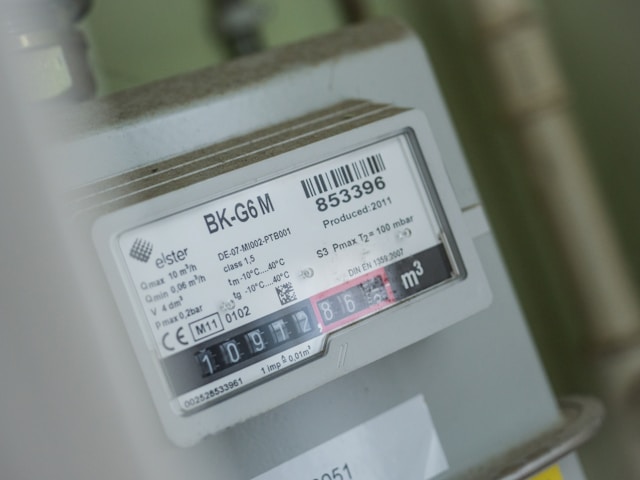Heating our homes is essential, but it’s equally important to consider the environmental impact of the methods we use. With more people becoming worried about climate change and sustainability, homeowners are seeking eco-friendly alternatives for heating. Fortunately, there are several sustainable heating options available that reduce carbon emissions and also contribute to energy efficiency and cost savings. Let’s explore some of these eco-conscious heating solutions.
Solar Heating
Making use of the sun, solar heating systems use solar panels to collect sunlight and change it into heat. This heat is then distributed through the home via radiant floors, radiators, or forced-air systems. Solar heating is renewable, clean, and emits zero greenhouse gases during operation. While the initial installation cost can be relatively high, the long-term savings on energy bills and the environmental benefits make it a compelling choice for sustainable heating.
Geothermal Heating
Geothermal heating systems use the temperature of the earth to heat and cool homes efficiently. By circulating water through pipes buried underground, heat is transferred from the earth to the home during the winter, and the process is reversed in the summer to provide cooling. Geothermal heating is highly energy-efficient and produces minimal greenhouse gas emissions, making it a sustainable option for long-term home heating.
Bioethanol Fireplaces
Bioethanol fireplaces like the ones available from stonewoods.co.uk offer a sustainable and versatile heating option for homes. These fireplaces burn bioethanol, a renewable fuel that comes from plant sources like corn, sugarcane, or cellulose-rich agricultural residues. Unlike traditional wood-burning fireplaces, bioethanol fireplaces produce minimal emissions, including carbon dioxide and water vapor, making them a cleaner alternative for indoor heating.
Biomass Heating
Biomass heating involves using organic materials such as wood pellets, wood chips, or agricultural residues to generate heat. Biomass boilers or stoves burn these materials efficiently, releasing heat without emitting as many pollutants as traditional fossil fuels. Since biomass is derived from renewable sources, it is considered carbon-neutral when managed sustainably, making it an environmentally friendly heating option.
Heat Pumps
Heat pumps extract heat from the air, ground, or water sources and transfer it indoors to heat the home. They can also be reversed to provide cooling during hot weather. Heat pumps are highly energy-efficient, as they move heat rather than generate it, making them a sustainable alternative to traditional heating systems. On top of this, improvements in technology have led to the development of more efficient and eco-friendly heat pump models.
Hydronic Heating
Hydronic heating systems use water heated in a boiler to distribute heat throughout the home via pipes and radiators or underfloor heating. These systems can be powered by various energy sources, including solar, biomass, or geothermal, making them adaptable to sustainable heating methods. Hydronic heating offers comfortable, even heat distribution and can be integrated with renewable sources of energy for maximum efficiency and environmental benefits.
Passive Solar Design
Passive solar design utilizes architectural elements and building orientation to harness natural sunlight and heat, minimizing the need for additional heating. Features like large south-facing windows, thermal mass materials, and proper insulation help capture and retain solar heat within the home. By maximizing passive solar gain, homeowners can reduce their reliance on mechanical heating systems and lower energy consumption.
Energy-Efficient Upgrades
In addition to adopting renewable heating technologies, homeowners can boost the energy efficiency of their homes through various upgrades. This may include installing high-efficiency windows and doors, upgrading insulation, sealing air leaks, and optimizing heating system controls. By reducing heat loss and improving overall energy performance, these upgrades complement sustainable heating solutions and further lower environmental impact.

